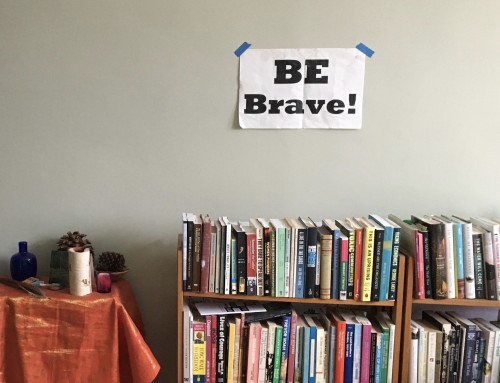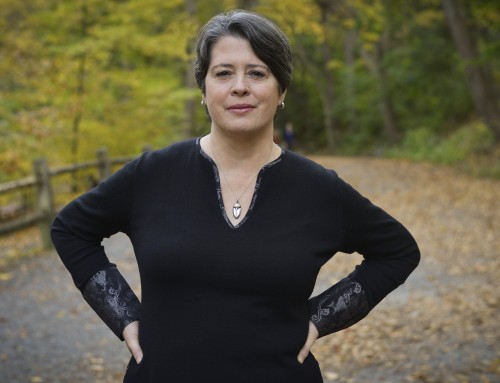Have a strategy to stay grounded. You probably already know what works for you: taking three deep breaths, looking at a tree, saying a prayer… Whatever helps you stay calm, do it throughout election day, and especially if trouble starts to brew.
Know your role. If you’re part of a poll watching group: Speak to your team at the beginning of the day about who will 1) move closer to agitators in case any appear; 2) who will video; 3) who will focus on greeting voters and inviting them inside to vote; 4) and who will call for help if needed. If you’re not part of a team and just happen to see something, notice if others are stepping into these roles and discern what makes sense for you to do.
Don’t run toward conflict. If people show up who seem to want to argue, have two people from your team position themselves between them and people entering the polling place. Your pair should not engage or stand too close to the agitators, but be visible and able to intercept anyone tempted to talk to them. Keep breathing.
Do not argue with hecklers. Assume they want to create a disturbance, either to scare voters away or to provoke a response they can use to discredit the election. Don’t help them by arguing! Discourage bystanders who want to crowd around or engage by giving clear but clam instructions like, “Don’t take the bait,” waving people on. Other volunteers should spread out, some toward the street, and greet voters by saying, “Go on through. We’re all ignoring them.” Or “We’re not letting them distract us from voting.”
Beware of rumors. This election is high stakes and high anxiety – perfect breeding ground for rumors. If you hear about something scary happening nearby, try to find out exactly who saw exactly what. Share what you know for sure with [whatever local group is monitoring the election]. Try not to spread rumors that are not verified.
When to video? If anyone is trying to suppress the vote, video showing them doing that could be very helpful to any legal cases. But putting a camera in someone’s face can also escalate conflict, so don’t get too close or start filming without good reason. The videographer and others nearby should avoid saying anything that could be taken as provocation. Just record any aggressive behavior by them and then pass it on to your local group observing the election, or to your local DA.
When and who to call for help? If you have aggressive hecklers, call your organization, if you’re with one, and ask if they can send more volunteers. If you’re not with an organization and you think you’re witnessing voter intimidation, call your DA. Some voters will also be intimidated by a police presence at the polls, so call the police only as a last resort, for example if there is violence or an immediate threat of violence.
Feel free to share this resource by Eileen Flanagan




Leave A Comment